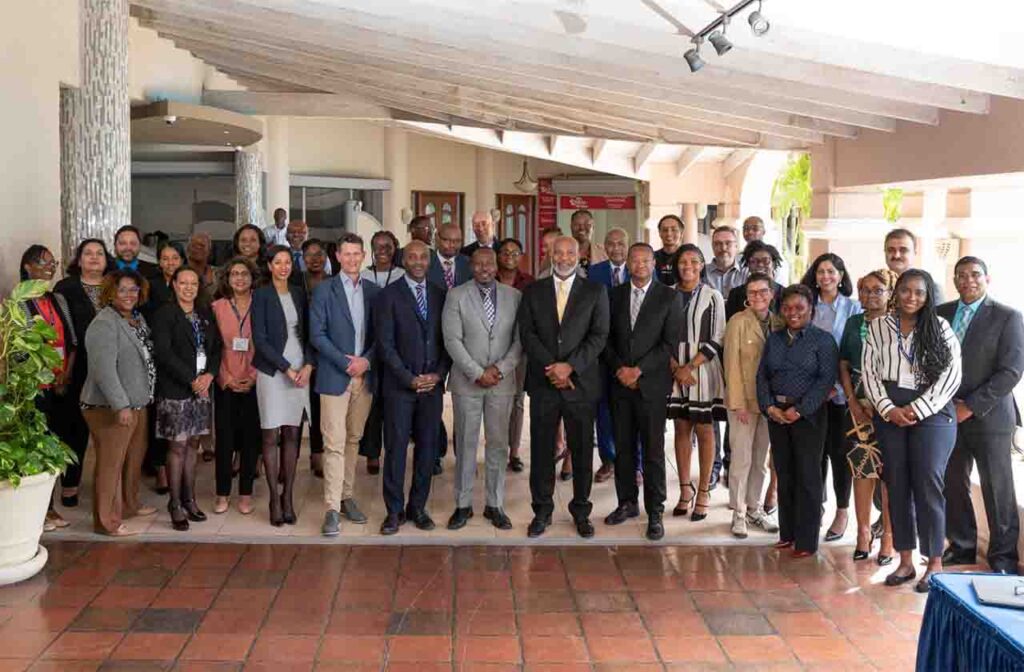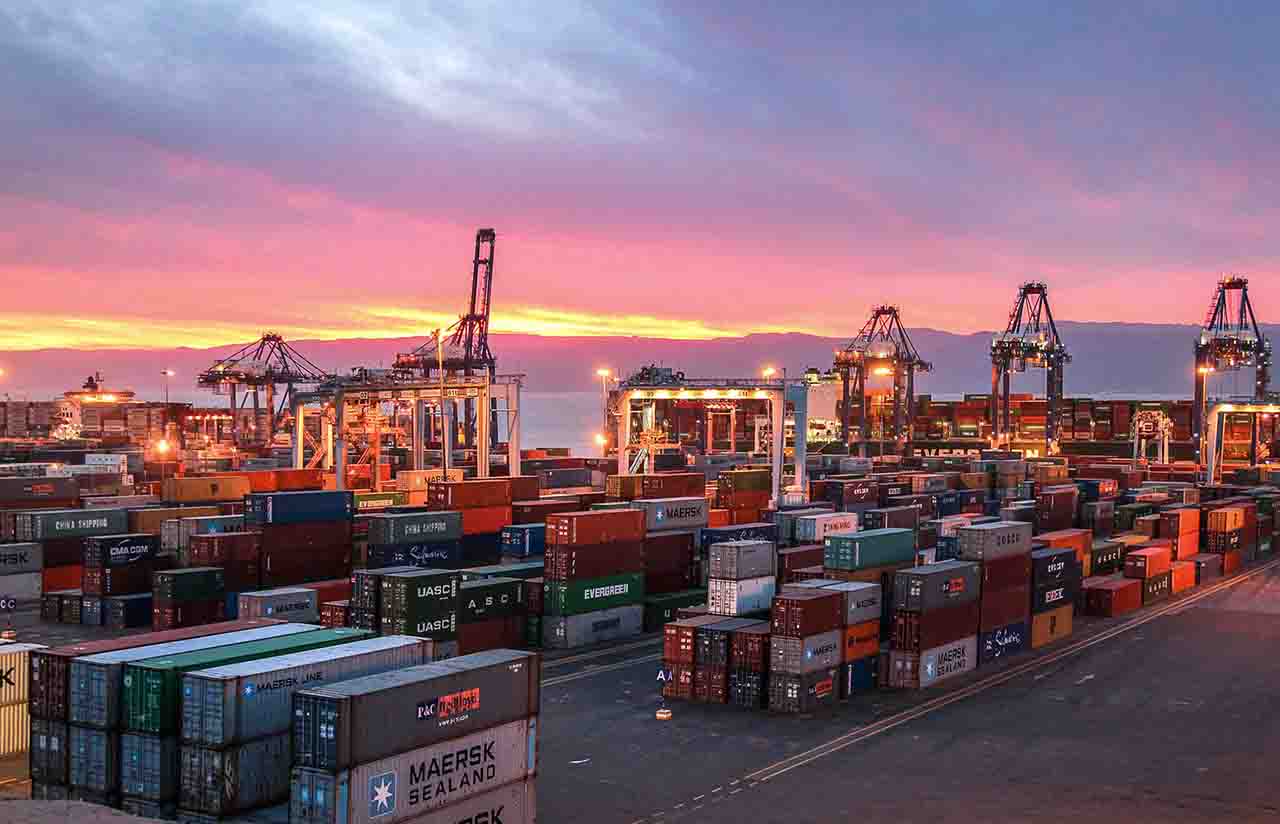United Kingdom (Commonwealth Union)_The Connectivity Agenda team of the Commonwealth Secretariat and the Caribbean Telecommunications Union (CTU) organized a workshop this week on “Effective Legal Frameworks for Building the Digital Economy” in Bridgetown in Barbados. The Commonwealth Secretariat intends to assist nations in capitalizing on the opportunities that digital trade presents by implementing legal reforms in the Caribbean and enhancing the skills of key policymakers and government officials involved in information and communications technology (ICT), digital commerce, and economic issues.
During his address at the workshop, the Attorney General and Minister of Legal Affairs of Barbados, the Hon. Dale Marshall Q.C. MP, emphasized that countries have advanced beyond e-commerce and moved into the digital economy as digital trade is trending. He also emphasized that while developing legislative frameworks to promote the digital economy, it is necessary to consider worldwide best practices, but as we move forward, we must focus more on what works best for each country.

Legal reform has the ability to revolutionize trade and commerce. Quantitative Analysis of the Move to Paperless Trade, a 2022 Commonwealth research, gives a detailed report on how legal change might revolutionize trade. If governments eliminate the legal requirement for commercial trade documents to be handled on paper and align their legal frameworks with the UNCITRAL Model Law on Electronic Transferable Records (MLETR) to allow digital documents to cross borders, it will open up a $1.2 trillion trade opportunity among Commonwealth nations. Combined with the digitalization of customs, this amount increases to $2 trillion, which is double the intra-Commonwealth trade objective for 2030.
Such a measure would modernize regulations from the 1800s, eliminate the needless inefficiencies of paper-based systems, enable technological solutions to expand across borders, cut trade transaction costs by 80%, solve 50% of the trade finance gap, and minimize cross-border compliance from 25 days to 1 day. This method would make commerce more affordable, expedient, easy, and inclusive. It would also assist to decrease fraud and establish the visibility and openness across global supply chains that we need in order to promote more sustainable commerce. It is a potential option for governments with limited budgetary capacity after Covid.
Because of its expansive scope and promotion of the Commonwealth Connectivity Agenda, the Commonwealth is ideally positioned to provide support in the area of digital trade facilitation under the integrated trade network. Additionally, the fact that the majority of its members adhere to a common framework of laws enables greater alignment and harmonization. This goal has been accomplished in Belize, Singapore, and Papua New Guinea. In May or June 2023, the United Kingdom will be the first G7 nation to follow suit with the new Electronic Trade Documents Bill, while Australia, Canada, and New Zealand have all committed to revising regulations via existing trade and G7 agreements.
Over the years, Caribbean people have benefited from numerous initiatives of the Commonwealth. The Commonwealth Scholarships enabled them to study in a variety of Commonwealth nations with technical assistance provided by the Commonwealth Fund for Technical Cooperation. To aid its developing nation members, the Commonwealth has given election observers, conducted sociological and economic research, and organized workshops and seminars. Through the Commonwealth Hubs and Spokes Project, the Secretariat has also engaged with the EU and ACP to offer assistance. It has also helped them overcome some of their major obstacles, including low global influence, insufficient technical competence, restricted access to cheap financing, and the effects of natural catastrophes and climate change. Additionally, the Commonwealth aided Small States in establishing diplomatic presences in New York and Geneva so that they could participate in the activities of international organizations.







